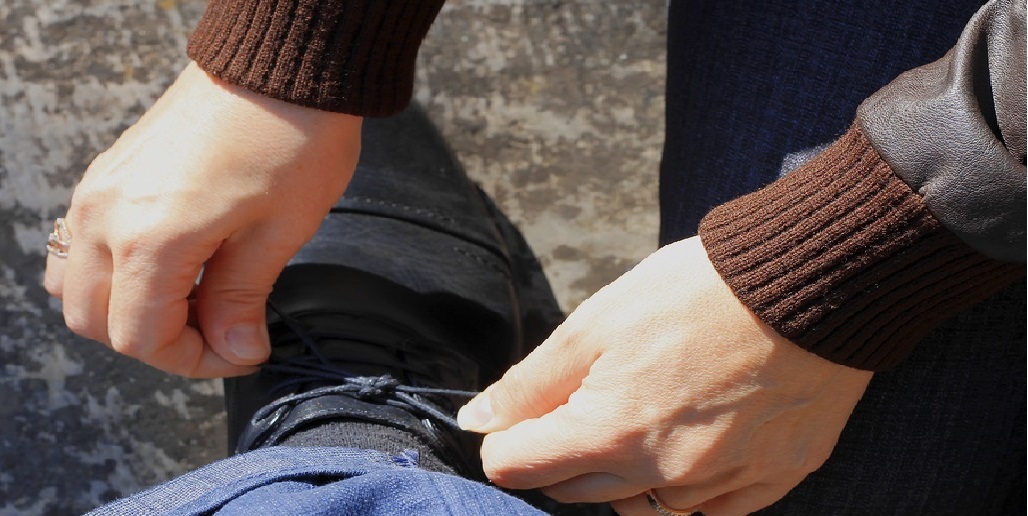Adaptive Behaviour in Williams Syndrome
There is wide variability between individuals with Williams syndrome in their adaptive living skills. This means that every person will show different strengths and weaknesses.
Adaptive skills include social, communication and practical skills that help a person in their everyday functioning. Adaptive behaviour skills in Williams syndrome tend to be lower than in typically developing individuals of the same age. People with Williams syndrome show relative strengths in their ability to socialise compared to their communication.
More and more young adults with Williams syndrome are now attending college and there are also many opportunities to volunteer or gain paid work. The majority of adults with Williams syndrome master self-help skills and complete academic or vocational school. Some adults with Williams syndrome live on their own, although most individuals require at least some of support to ensure their safety and adequate self-car and others live with their parents or in supervised apartments.




